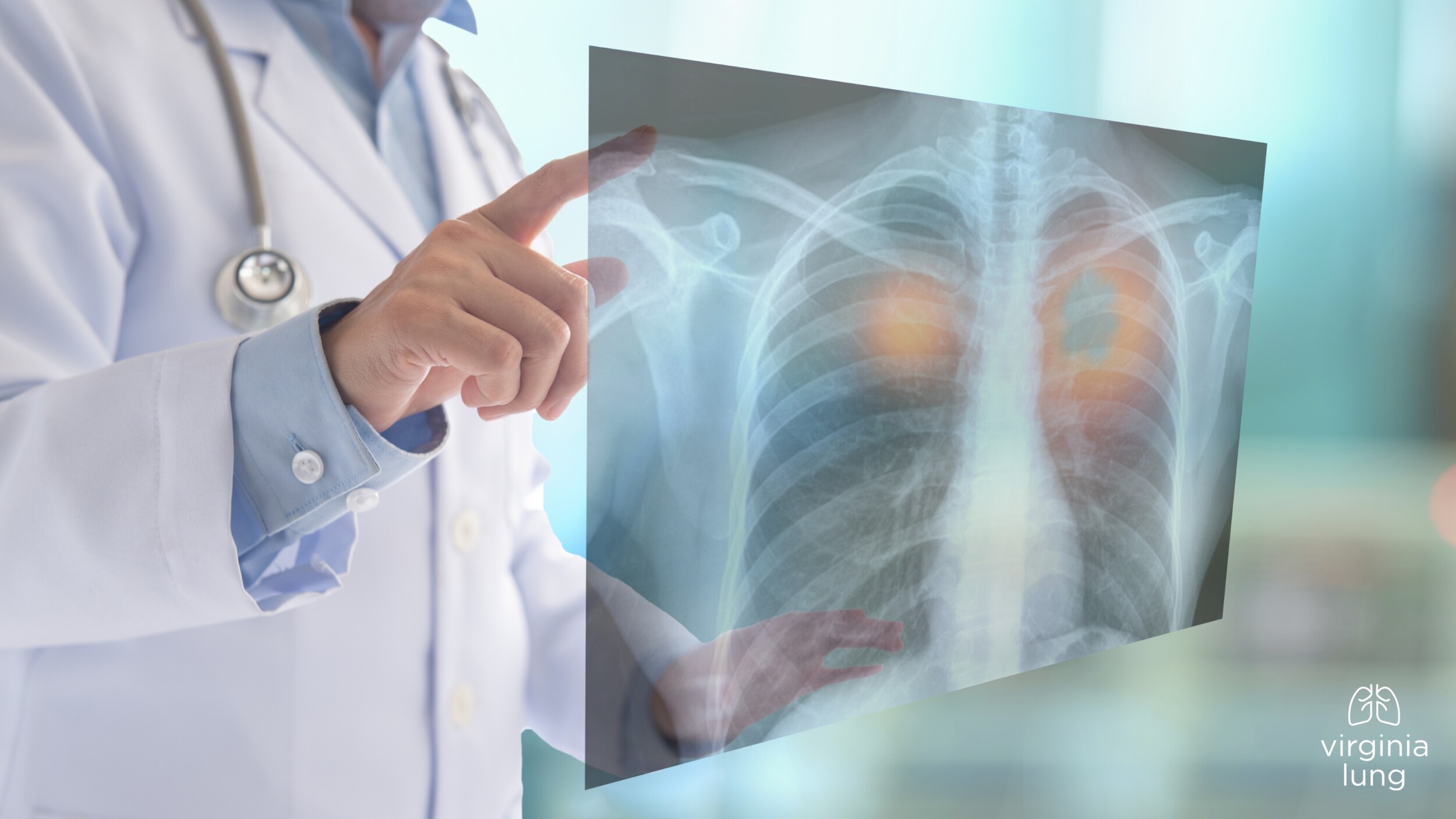Lung cancer remains the leading cause of cancer-related deaths in the United States, with an estimated 234,580 new cases reported last year, according to the American Cancer Society. Closer to home, Virginia faced approximately 47,100 new cancer diagnoses in 2022, with 15,800 cancer-related deaths, underscoring the significant impact of cancer on our communities. Lung cancer is often diagnosed at advanced stages, where treatment options are limited and outcomes are less favorable.
However, early detection can drastically improve survival rates. Despite this, many Virginians remain unaware of the warning signs, putting their health at risk. By recognizing symptoms early and understanding risk factors, individuals nationwide can take proactive steps to protect their lung health and seek timely medical care.
Lung Cancer: Signs, Symptoms, Risk Factors, and Screening Options
What Are Some Common Signs of Lung Cancer?
Lung cancer symptoms can be subtle and are often mistaken for less severe conditions in its early stages. A persistent cough that does not go away or worsens over time is one of the most common warning signs. This may be accompanied by difficulty breathing, even during light activity, or a whistling sound (wheezing) when you breathe.
Other signs include chest pain that may become more pronounced with deep breaths, coughing, or laughing. Coughing up blood is another serious indicator that requires immediate medical attention. Fatigue, unexplained weight loss, and frequent respiratory infections, such as bronchitis or pneumonia, are also common symptoms. Additionally, hoarseness in the voice may occur if the cancer impacts nerves in the chest. If you notice any of these symptoms, it’s essential to seek medical evaluation as soon as possible.
What Patients Are More Likely to Get Lung Cancer?
While anyone can develop lung cancer, certain groups are at higher risk due to lifestyle, environmental exposure, or genetic factors. Smoking remains the most significant risk factor, with tobacco use linked to approximately 85% of all lung cancer cases. Other contributing factors include exposure to radon gas, asbestos, or other environmental carcinogens, as well as a family or personal history of lung cancer. Age and prior lung diseases, such as COPD, also increase the likelihood of developing lung cancer.
Prevention starts with reducing these risks. Quitting smoking is the most impactful step. Testing your home for radon, avoiding exposure to harmful chemicals, and maintaining a healthy lifestyle can also play a critical role in reducing lung cancer risk.
What screening is available to test for lung cancer?
Lung cancer screening aims to detect the disease in individuals who may be at higher risk but are not yet experiencing symptoms. The most commonly recommended screening method is low-dose computed tomography (CT), which provides detailed images of the lungs to identify early abnormalities.
Screening is particularly beneficial for individuals aged 50 to 80 with a history of heavy smoking or who have quit smoking within the past 15 years. Virginia Lung offers comprehensive consultations to discuss the benefits and risks of screening and can schedule a CT scan to help protect your health.
How can Virgina Lung help?
At Virginia Lung, we are dedicated to providing compassionate, cutting-edge care for individuals at risk of lung cancer. Early detection is critical, and our team specializes in CT scans, the most effective method for identifying lung cancer in its earliest stages. These scans utilize a small amount of radiation to create detailed images of the lungs, enabling our specialists to detect abnormalities before symptoms develop.
Our multidisciplinary team works collaboratively with thoracic surgeons, oncologists, radiologists, and social workers to ensure a seamless approach to diagnosis and treatment. From your initial screening to advanced care, we are committed to making the journey as efficient and stress-free as possible. At Virginia Lung, you don’t have to navigate this path alone—our expert team is here to support you every step of the way.
Take control of your lung health today. Early detection can save lives, and our team is ready to guide you through the process. Schedule an appointment with Virginia Lung now and breathe easier knowing you’re in expert hands.
Sources
“Key Statistics for Lung Cancer.” 2024. American Cancer Society. https://www.cancer.org/cancer/types/lung-cancer/about/key-statistics.html.
“Virginia Cancer Plan 2023-2027.” 2023. Massey Cancer Center. https://www.masseycancercenter.org/news/virginia-cancer-plan-2023-2027-released.
“Lung Cancer Risk Factors.” 2024. Center for Disease Control. https://www.cdc.gov/lung-cancer/risk-factors/index.html.

Dr. Vikas Pathak
Dr. Vikas Pathak is a skilled and experienced Interventional Pulmonologist and Critical Care Medicine specialist who has been serving the Richmond community since 2021. As the co-founder and CEO of Virginia Lung, he is dedicated to addressing the pulmonary needs of his patients with decade-long expertise and compassion.
